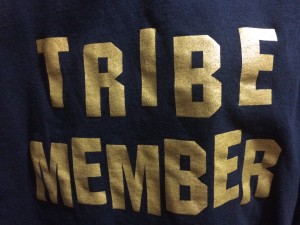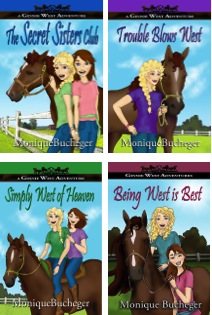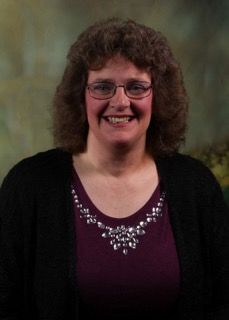You wouldn’t believe how many times people have told me that I couldn’t possibly be a writer. NO! Nathan, you’re an engineer, a scientist. And everybody knows that those sciencey types aren’t creative. They’re ALL left brain dominant. Being creative is a completely different thing.
*le sigh*
Growing up I had two great passions: science and stories. To me there weren’t mutually exclusive. However up until recently, I’d been shaped and encouraged to follow my technical ambitions. I went to an engineering school rather than an arts school because it was what was expected of me. Now, don’t think that I was oppressed or forced into a certain path. I’m very stubborn, and wouldn’t have devoted such a large chunk of my life to science and math if I hadn’t genuinely enjoyed doing so. However, what I wish I had realized sooner was that I’m not limited by my choice of degree.
Looking back I believe that no matter what career I chose my creative nature would have always found a way to express itself. What many people don’t realize is that there are many different kinds of engineers. For myself, I have always gravitated towards data analysis and problem solving. Both of which require a fair amount of creativity. After all, if a problem were easily solved by the “normal” way of doing things, you wouldn’t need someone to devote their time and attention to finding a new solution.
My engineering training wasn’t a matter of stifling my creativity, but rather expressing and training those creative impulses in a different way. Even better, many of the skills and techniques I learned while pursuing my scientific development translated into my writing life. Don’t see it? Let me show you how.
Firstly, both scientists and writers need to be keen observers of the world and people around them. For a scientist, it’s about quantification, drawing trends, building models, and predicting the future. Writers, on the other hand, use those observations to bring their characters and worlds to life for their readers.
Additionally, both writers and scientists need to know how to manage large, complex projects. Both novels and research or design projects need to be broken up into smaller parts to be managed. Both are efforts of months or years and require significant organization, timing, and team work to pull off smoothly.
Furthermore both novels and physical machines are intricate constructs with many moving parts. If any one piece is out of balance, it throws off the rhythm of the whole. Ideally, both a novel and an engine are working at their best when the person on the other side isn’t even aware of the complexity beneath the hood. It just works.
Finally, scientists and authors are both in search of the capital “T” truth. We are trying to understand what motivates people, what makes the universe work the way it does, and use those discoveries to make the world a better place.
The truth is that science and fiction have been bedfellows for a long time. Many of the scientists and engineers I know are also avid readers, especially of science fiction. I’ve read interviews of Motorola engineers who claim that they were inspired by Star Trek communicators. I’ve also seen videos that demonstrate real world hologram technology (in progress, admittedly) that directly reference the Star Wars movies. It’s not surprising that the scientists and engineers, as fans, seek to bring the fantastic things they enjoyed so much into the real world.
The fascinating thing is that the transfer of ideas doesn’t go one way. I’m always keeping an eye on the major science news outlets for new discoveries or technologies that I can commandeer for my fiction. If I see something that catches my interest, I dig a deeper, try to understand the development as best I can, and then project it forward or sideways into one of my stories. Also, the natural world is unimaginably cool. There are creatures in the deep oceans that put fictional aliens to shame with their pure weirdness. Need some inspiration for your outer space settings? I signed up for NASA’s Astronomy Picture of the Day mailing list specifically to have cool visuals delivered to my inbox. More than one has inspired a change of setting in one story or another.
What I’ve come to realize is that the time I’ve spent developing my scientific half doesn’t limit my authorial half. Rather, I’d argue that my writing is enhanced by widely varied interests. I don’t need to choose between scientist and creator. Both are me, both fundamentally shape how I view and interact with the world around me, and how I tell stories. Realizing this, and using it to my advantage, have helped make me a better writer and a better engineer.
So, the real question isn’t how are the various parts of your life keeping you from writing, but rather how to use all of who you are to make better stories.




